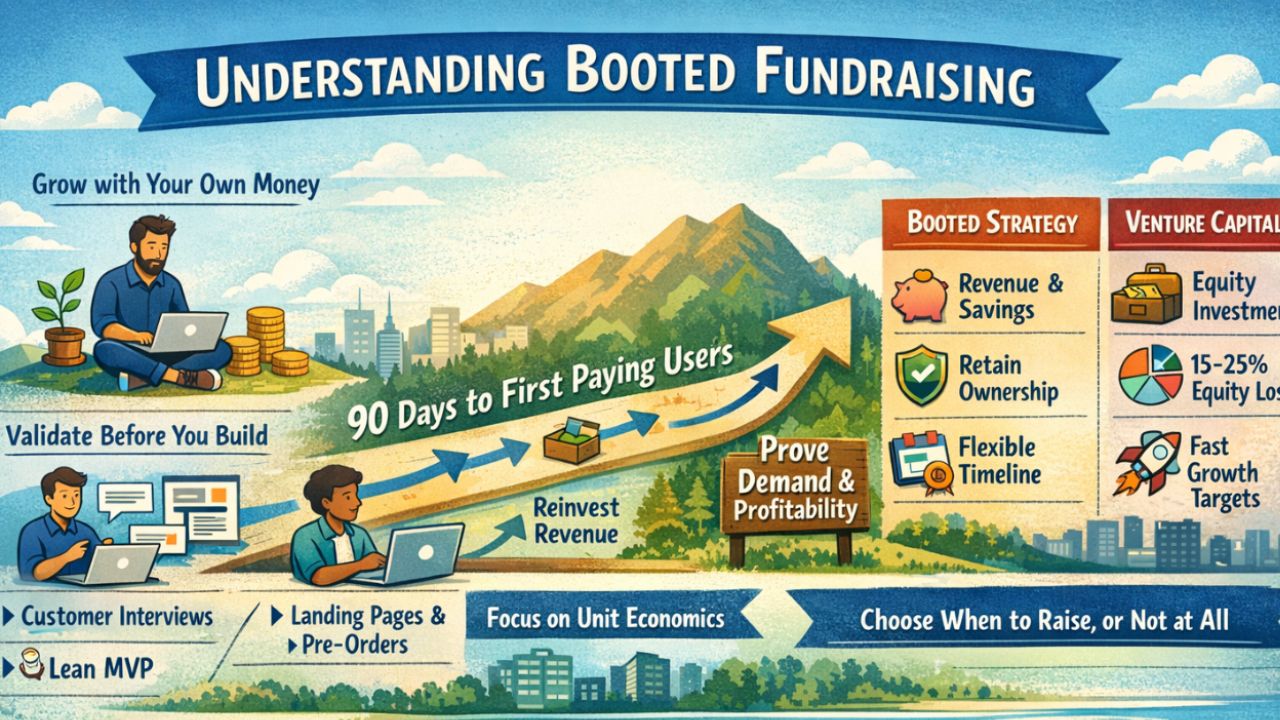Choosing the right franchise can be a life-changing decision, offering the opportunity to own a business while benefiting from an established brand and support system. However, not all franchises are created equal, and selecting the best one for you requires careful consideration. Whether you’re a first-time entrepreneur or an experienced business owner, taking the time to understand your goals, the market, and the franchise itself can make all the difference. This guide will walk you through the essential steps to choosing the right franchise, helping you make an informed decision.
Assess Your Interests and Strengths
The first step in selecting the right franchise is to evaluate your personal interests and strengths. Every franchise requires a unique set of skills, and aligning these with your own abilities will help you find a franchise that matches your lifestyle and ambitions. For example, if you have a passion for food and enjoy fast-paced environments, a restaurant or food service franchise might be ideal. On the other hand, if you’re skilled in project management and logistics, a franchise in home improvement or services could be more suitable. Understanding your interests also means being realistic about your long-term commitment. Franchises often require years of dedication before seeing substantial returns.
Research the Industry and Market Demand
Once you’ve identified the types of franchises that align with your interests, it’s time to research the industry. Different markets have different growth potentials, and understanding which industries are expanding or contracting is essential. Start by exploring industries that are growing in your local area. For instance, health and wellness franchises have been thriving, driven by increased consumer awareness of fitness and healthy living. Similarly, home services and maintenance businesses are seeing a rise in demand as more homeowners look to improve their properties. In addition to industry trends, consider the market demand in your area. A successful franchise needs a customer base, and choosing one that fits the local demographic is critical.
Evaluate Franchise Support and Training
Franchise systems are designed to provide support to franchisees, but the level of assistance varies between franchises. A key factor in choosing the right franchise is understanding what type of training and support you will receive. Will the franchisor offer extensive onboarding, operational manuals, marketing guidance, and ongoing training? These are vital aspects that will influence your success, especially if you’re entering an unfamiliar industry. Before committing, speak with current franchisees to get an honest assessment of the support provided by the franchisor.
Consider the Financial Commitment
Buying into a franchise requires a significant financial commitment, and it’s important to understand the costs involved. Franchises come with a range of upfront fees, including franchise fees, equipment, inventory, and real estate. On top of that, you’ll need working capital to cover operational expenses until the business becomes profitable. Some franchises are more capital-intensive than others, so ensure you have a clear understanding of the total investment required. Ensure that the franchise you’re considering aligns with your financial capacity and that you’re comfortable with the potential return on investment. For example, Sam The Concrete Man franchising offers opportunities in the home services industry with relatively low overhead compared to other franchises. This type of franchise might be ideal for those with a moderate budget and an interest in providing concrete solutions to homeowners.
Analyze the Franchise’s Brand and Reputation
A major advantage of buying a franchise is the ability to leverage a recognized brand. However, not all brands carry the same weight in the market. An established brand with a strong reputation can attract customers more easily than a lesser-known name. Therefore, before committing to a franchise, take the time to analyze the franchisor’s brand strength and market positioning. Review customer feedback, online reviews, and any press coverage to gauge the brand’s reputation. Is it known for high-quality products or services? How does the franchise handle customer complaints? A franchise with a tarnished reputation can be difficult to manage, no matter how well the system is designed.
Understand the Franchise Agreement
The franchise agreement is a legally binding contract that outlines the responsibilities of both the franchisor and the franchisee. It is critical that you fully understand the terms of the agreement before signing. This document covers everything from the length of the contract to territorial rights, fees, and renewal options. You should consult with a franchise attorney who can help explain any complex clauses and ensure your interests are protected. Pay close attention to any restrictive clauses in the agreement. Some franchisors limit your ability to operate in certain areas or require you to meet specific performance benchmarks. Additionally, review the termination clauses to understand under what circumstances the franchisor can revoke your franchise rights.
Choosing the right franchise involves much more than simply selecting a brand that seems profitable. It requires a deep understanding of your interests, careful industry research, and a thorough analysis of the franchisor’s support system, brand reputation, and financial requirements. By following these steps and being diligent in your decision-making process, you can find a franchise that aligns with your goals and sets you up for long-term success. A franchise should not only offer profitability but also fit your personal values and professional ambitions.






































